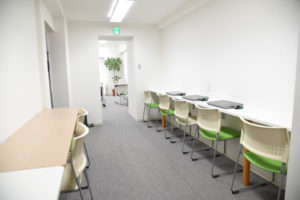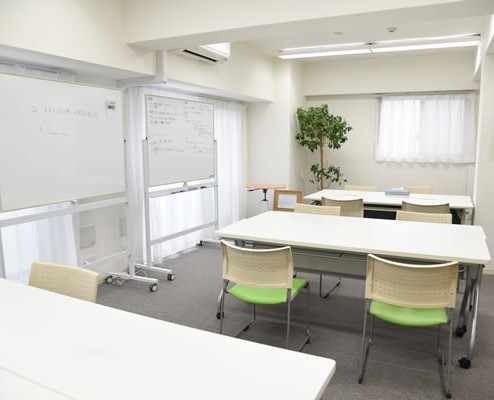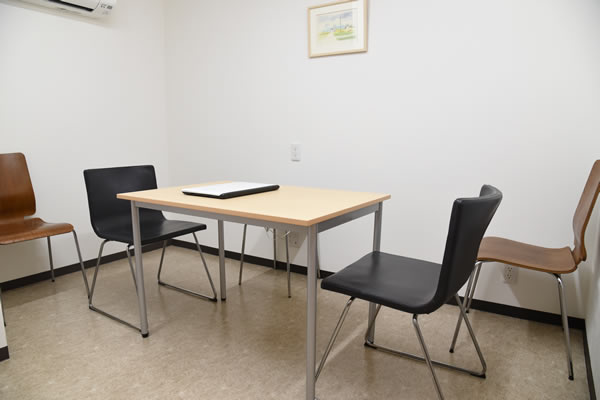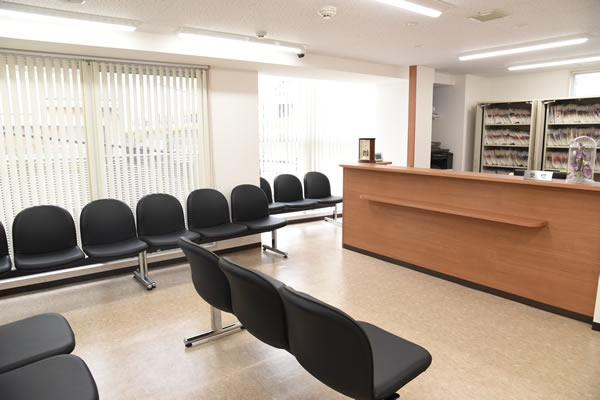Interview with Yawata Mental Clinic

We interviewed Dr. Hiroshi Okawahara, Director of Yawata Mental Clinic, located in Ichikawa City. Thank you very much for taking time out of your busy schedule to talk with us in detail during your precious time.
 |
1.Why did you choose the path of "psychiatry"? First, you study all the departments and become a doctor before deciding which path to take. Some decide immediately, while others have trouble deciding. |
2.What kind of people tend to suffer alone? There's nothing wrong with worrying about it, and in fact, it's better to worry about it.
|
 |
3.What are some of the sources of stress that people today are prone to?
The most common reason is human relations. Other than that, it can be noise, light, study or club activities. But it is still human relations. Many people are stressed and hurt by power harassment in the workplace or unexpected words, actions, or attitudes.
 |
4.What kind of medical examinations do you perform? When the person first comes to us, we first listen to what is troubling him or her the most. We also ask about the process leading up to that situation.
First of all, we listen carefully. This is true for any department. |
5.What do you pay attention to when talking with patients?
The first thing I do is to show that I want to hear what you have to say.
I look them in the eye, nod, and use a malapropism to let them know that I am listening to them anyway.
In addition, the consultation time is limited. Therefore, I am careful to summarize without interrupting the conversation.
6.Have you noticed a change in your outpatients since the pandemic?
The pandemic has led many working people to telework or work from home. The good side is that this eliminates the need to commute and allows people to relax at home.
The bad side is that many people have lost the sense of fulfillment in their work,
and many people feel uneasy when they are online because they cannot understand the other person's facial expressions or what they are saying.
And, interestingly, the voluntary curfew made those who were originally shut-in and unable to go out into society feel relieved.
Then there are many people who are left with the aftereffects of having corona, such as depression, persistent malaise, fatigue, cognitive decline, and impaired judgment.
7.What is the most common age group of your patients? Most are in their 20s to 50s. I took a quick look at the last 10 days, and 20-39 and 40-59 are about 40% each. They are the working generation.
|
 |
8.When do you find your work rewarding?
The most gratifying part is when the treatment for a patient is successful. Medication is the mainstay of treatment. I am happy when the medication I have prescribed works.
Also, not everything can be successfully treated with medication, but sometimes psychotherapy is used. This is not just talking, but there are many variations,
such as curing trauma and mindfulness, and we learn, use, and treat such techniques. When it is successful, I am still happy. I feel happy that I am doing it.
After the interview...
It was very beneficial for me to have this opportunity to talk with a psychiatry specialist during this important time at the end of the year. Thank you so much for your precious time.
I was able to understand the thoughts and feelings of those who are working in the field, which is different from what we can find on the Internet.
I was also very nervous because I have not had many opportunities to facilitate a talk by myself remotely before.
However, I was really relieved that he shared so much information in response to my questions.
The image was taken from this website, and we received permission directly from them.
Yawata Mental Clinic


